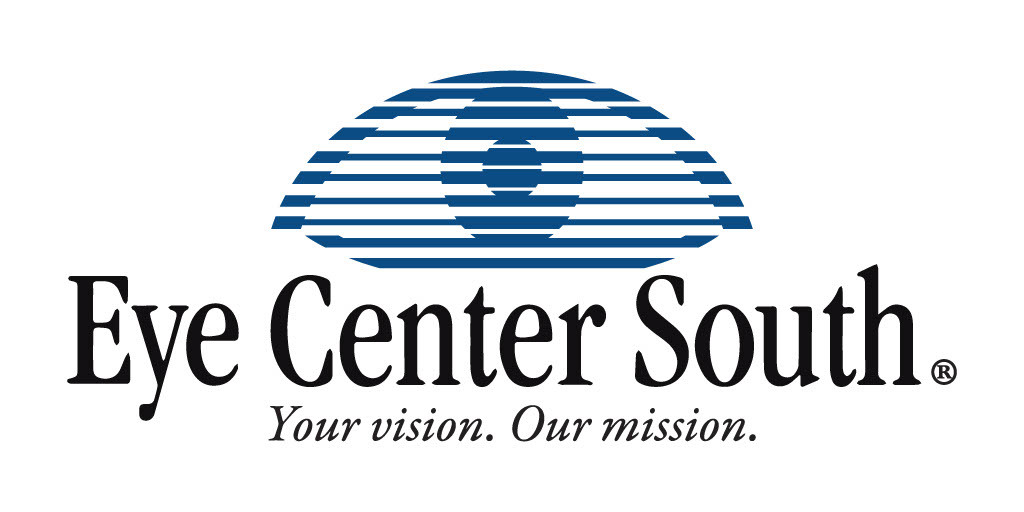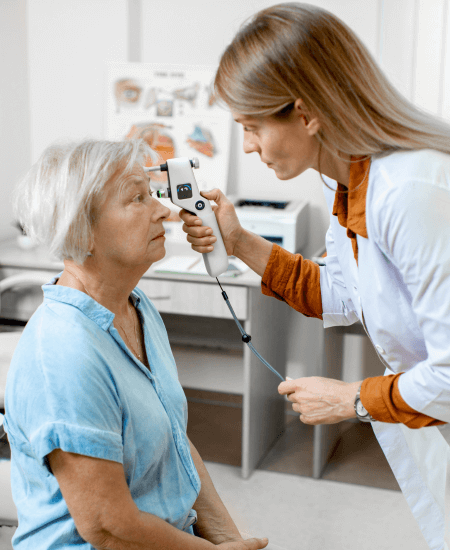The foods you eat have a direct impact on the health of your body, and that extends to your vision. Your eyes, like all your other complicated body parts, require a unique blend of vitamins and minerals to remain functioning at their best. So, eating a balanced diet is a surefire way to ward off common vision problems.
While the food you eat can’t entirely prevent certain eye health conditions, choosing to eat a vision-healthy diet can help you maintain strong vision for longer. Here’s a look at some of the best foods to try.

Foods With Zinc
Zinc is a trace element that is critical to maintaining normal ocular function. It’s very important to the retina, choroid, and other ocular structures, so making sure that you’re getting enough of it through your diet is critical.
Some of the best sources of Zinc include:
- Red meat
- Poultry
- Oysters and other seafood
- Nuts
- Beans
- Milk and other dairy products
- Whole grains
- Fortified breakfast cereals
Foods With Lutein and Zeaxanthin
When your eyes are exposed to high-energy light waves like UV light emitted by the sun, lutein and zeaxanthin play a big role in protecting them from damage. Having a higher concentration of these nutrients in your eye tissues has been linked to better vision, especially in low-light environments.
Some of the best sources of Lutein and Zeaxanthin include:
- Corn
- Eggs
- Kale
- Spinach
- Turnip greens
- Collard greens
- Romaine lettuce
- Broccoli
- Zucchini
- Garden peas
- Brussels sprouts
Foods With Vitamin C
Vitamin C is capable of lowering your risk of cataracts when consumed as part of a balanced diet. Getting enough vitamin C can also slow the progression of age-related macular degeneration (ARMD).
Some of the best sources of Vitamin C include:
- Raspberries
- Strawberries
- Kiwi
- Red and green bell peppers
- Tomatoes
- Broccoli
- Spinach
- Orange juice

Foods With Vitamin E
Vitamin E is an antioxidant that can protect your eyes from free radicals. It’s a key part of a supplement known as AREDS, which is given to people suffering from age-related macular degeneration. Getting enough vitamin E can also reduce your risk of cataracts.
Some of the best sources of Vitamin E include:
- Nuts
- Green leafy vegetables
- Sweet potatoes
- Avocados
- Wheat germ
- Whole grains
Foods With Vitamin A and Beta Carotene
Both vitamin A and beta-carotene protect your eyes by keeping the surface, known as the cornea, moist and healthy. If you don’t get enough vitamin A, you may experience dryness, which can lead to corneal ulcers, clouding, and vision loss.
Some of the best sources of Vitamin A and Beta Carotene include:
- Carrots
- Sweet potatoes
- Squash
- Eggs
- Green leafy vegetables
Foods With Essential Fatty Acids
Essential fatty acids promote healthy eye growth and development, and it’s also been shown that a higher amount of DHA in your retina can help maintain normal eye function. Omega-3 also serves to hydrate the eye, which is important for comfort and vision health.
Some of the best sources of Essential Fatty Acids include:
- Salmon
- Sardines
- Flax seeds
- Soybeans
- Walnuts
Take Steps to Protect Your Vision
Eating healthy isn’t the only way to ensure better eye health. If you’re worried about your vision, make sure that you’re scheduling regular checkups to help detect the early signs of diseases like glaucoma. By maintaining a balanced diet, protecting your eyes, and seeing your doctor regularly, you’ll be able to support your vision for a long time to come.
Eye health supplements are also an excellent source for ensuring optimal eye health. Click here for a complete list of our eye health supplement offerings.





